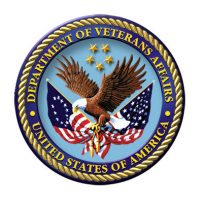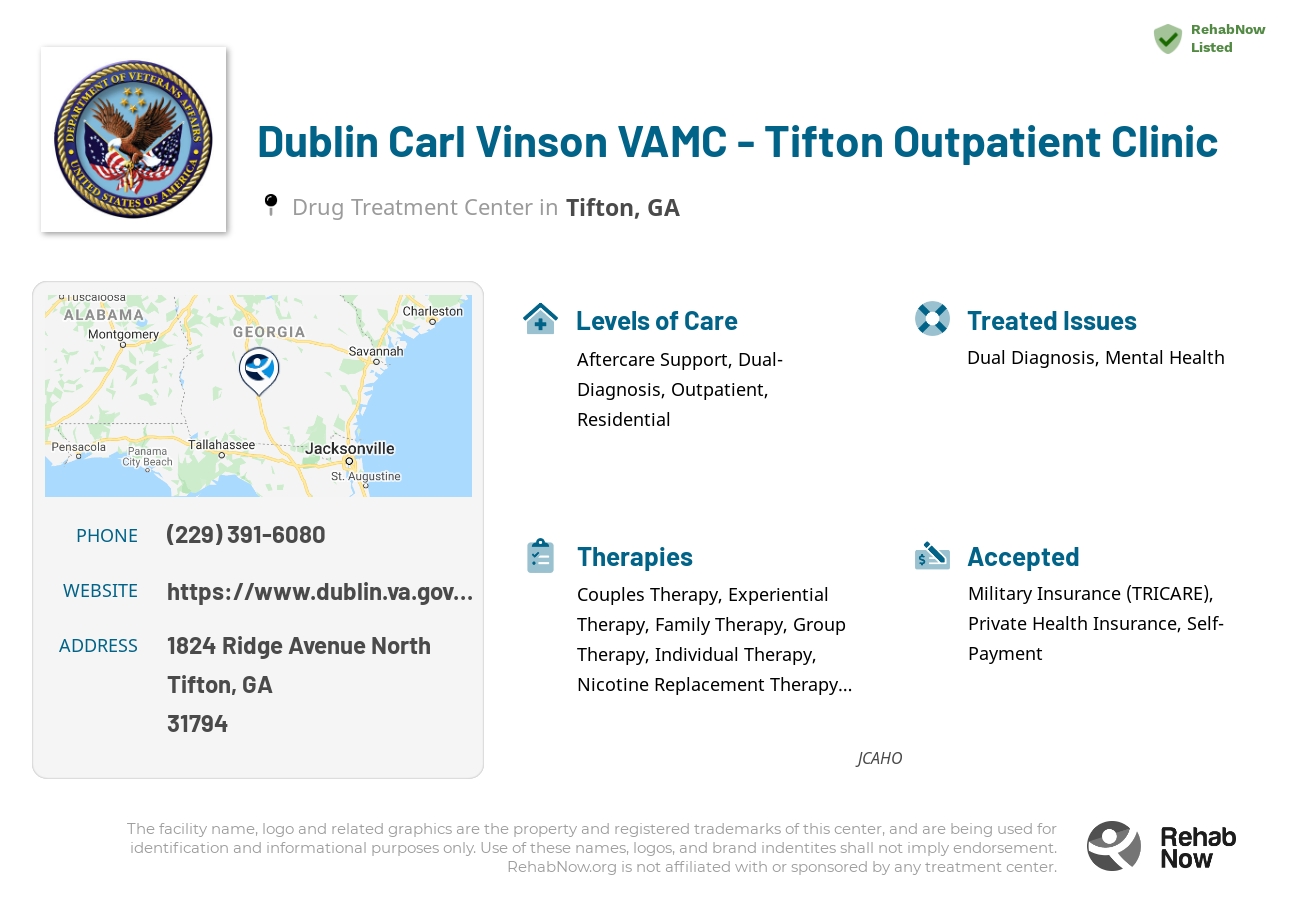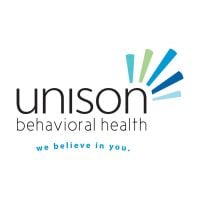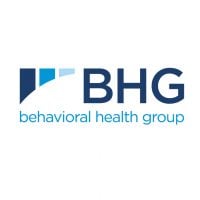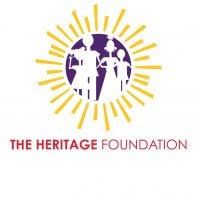Dublin Carl Vinson VAMC - Tifton Outpatient Clinic
Drug Rehab Center in Tifton, Georgia
Dublin Carl Vinson VAMC - Tifton Outpatient Clinic offers comprehensive outpatient mental health services for veterans and their families, including substance abuse treatment, counseling, referrals, and community transitioning assistance, with a focus on evidence-based practices and preventive care, as well as accreditation from CARF and licensing from the state of Georgia.
About Dublin Carl Vinson VAMC - Tifton Outpatient Clinic in Georgia
Dublin Carl Vinson VAMC - Tifton Outpatient Clinic is a comprehensive outpatient mental health facility that provides assistance to veterans and their families. Located in Tifton, Georgia, they offer a wide array of services intended to help individuals suffering from substance abuse and addiction, including individual and group counseling, as well as referrals. Their team of professionals also helps patients with transitioning back into the community and treatment for any accompanying mental health issues.
The outpatient clinic offers specialized services for those struggling with substance abuse, including interventions and crisis management. In addition to inpatient treatment, they provide referral and coordination services to assist patients with finding the appropriate external resources and programs. Dublin Carl Vinson VAMC - Tifton Outpatient Clinic also has a focus on preventive care and relies on evidence-based practices to provide substance abuse treatment.
Dublin Carl Vinson VAMC - Tifton Outpatient Clinic has been accredited by CARF, an organization responsible for setting standards for quality care in health and human services, and is licensed by the state of Georgia. The clinic also offers a variety of specialized programs, such as substance abuse residential rehabilitation and a smoking cessation program. In addition, they have strong links with the VA's Medical Center in Dublin, Georgia to ensure they have a wide range of services and the best possible care for their patients.
Genders
Ages
Modality
Additional
Accreditations

JCAHO
Conditions and Issues Treated
When someone in struggles with both addiction and mental or emotional illness, this is considered a dual diagnosis. Dual diagnosis treatment can include therapy for these issues to happen simultaneously, which will allow either of them to be treated effectively.
Sometimes people who have suffered from addiction disorder also suffer from co-occurring disorders such as depression, anxiety, bipolar disorder, etc., making them “dual diagnoses.” Dual diagnoses require specialized treatment programs where drug and alcohol addiction are addressed along with psychiatric illnesses. Some rehabilitation facilities provide patients suffering from cooccurrences a program with highly integrated services and a clean environment with few distractions to help them succeed.
Levels of Care Offered
This center offers a variety of custom treatment tailored to individual recovery. Currently available are Aftercare Support, Dual-Diagnosis, Outpatient, Residential, with additional therapies available as listed below.
Outpatient treatment is often used for drug addicts in drug rehab. Outpatient treatment consists of counseling and therapy sessions. This form of treatment is also called ‘day-treatment’. The outpatient treatment process begins with the addict’s initial detox period, lasting about ten days.
Outpatient treatment is used for those who are at moderate risk for ‘slipping back’ into the addiction, for those who:
- Are not currently experiencing any side effects from withdrawal and can handle social pressure
- Can handle stressors that might trigger relapse
- Have a stable living environment or have moved out of their previous environment, which was not conducive to being sober
- Have a support system that allows them to go to a facility a few times a week while still keeping their current responsibilities
- Have no legal obligations, being either on parole or probation, that require them to seek treatment at a mandatory facility
- Are not currently experiencing any side effects from withdrawal and can handle social pressure
- Have a stable living environment or have moved out of their previous environment, which was not conducive to being sober
Residential treatment programs are those that offer housing and meals in addition to substance abuse treatment. Rehab facilities that offer residential treatment allow patients to focus solely on recovery, in an environment totally separate from their lives. Some rehab centers specialize in short-term residential treatment (a few days to a week or two), while others solely provide treatment on a long-term basis (several weeks to months). Some offer both, and tailor treatment to the patient’s individual requirements.
Completing a drug or alcohol rehab program is only the first step. Then comes aftercare support. These services include sober living accommodations, career counseling, and AA/NA programs for those struggling with sobriety or who want help maintaining it after initial rehab at an addiction facility.
They can last up to a year or more depending on what’s needed most urgently after the earlier stages are completed.
Therapies & Programs
Because no single treatment is effective for all addicts, the goal of treatment and therapy should be to figure out what works best for each individual. Tolerance and withdrawal levels differ from person to person, affecting the treatment intensity required. Addiction treatment should aim to help addicts develop healthy coping mechanisms for dealing with their addiction and its underlying causes.
Couples therapy works with clients and significant others in a professional capacity to improve relationship dynamics. This can be helpful for addicts who are trying to marry the idea of recovery into their work, family, social lives – any aspect that has to do with relationships. Through counseling sessions, addicts will have an opportunity to talk about their addiction with professional partners.
Family therapy is beneficial for people who are in addiction treatment services because it offers addicts the opportunity to work with their family members to better understand what led them to make choices that contributed to their addiction.
This type of therapy helps family members reach a deeper understanding of how they can best support their loved one during recovery. It also helps the addict better understand their own motivations and triggers that led them to turn to substance abuse.
Family therapy can help addicts in the following ways:
- Assists family members in processing difficult feelings so they don’t blame or resent recovering addicts
- Assists family members in understanding how addiction has impacted the addict and everyone who is involved with them
- Allows the addict to take responsibility for their actions, while encouraging improved communication skills
- Helps family members understand how to best support an individual in recovery so addicts don’t relapse again.
Group therapy can help build a stronger support system and give addicts in Tifton, GA insight into their addiction that they gain through shared conversations. Group therapy occurs in a controlled group environment, exclusive of one on one meetings. This makes it safer for patients to feel comfortable sharing the struggles they’re going through and gaining perspective.
Trauma therapy is beneficial for people who are recovering from drug addiction because it helps them heal from past traumas that may have caused them to turn to harmful substances or led them to experience negative emotions that contributed to their destructive behaviors.
This type of treatment works by processing difficult experiences so individuals can learn how to process these events without having to turn to substances for coping.
Trauma therapy can help addicts in the following ways:
- Helps individuals understand their experiences and emotional responses to difficult events, including why they turned to drugs or alcohol
- Provides them with comfort and support while working through difficult emotions related to these traumatic experiences
- Offers an opportunity for addicts to have a voice and be heard, which can improve their self-esteem
- Can help them develop coping skills so they can better respond to triggers instead of turning to substance abuse.
Cognitive-behavioral therapy is a technique that is used to help people with addiction. Specifically, it is a way of identifying thoughts and behaviors that cause the addiction. It is typically used in an individual counseling session.
The content explains cognitive behavioral therapy and how it works to address some behaviors that may be leading to unintended consequences in their life, as well as its benefits for those seeking sobriety.
It works by helping people to talk through their issues and addressing the thoughts that cause said behaviors. It is an excellent way of learning about oneself and one’s perception of the world.
It’s important to remember that malnutrition can affect your mood and energy level, which affects your desire to get sober. Good nutrition helps keep your body strong against the familiar ravages of drug use–tuberculosis, hepatitis, abscesses, infections, etc. — as well as the physical symptoms of withdrawal. If you’re eating right, you’ll have more energy for productive activities and will have more strength to fight cravings.
Nicotine Replacement Therapy (NRT) has many benefits for drug addicts who also choose to quit smoking. It is an effective technique at this treatment center that provides smokers with the nicotine they are addicted to without inhaling carcinogens from cigarettes to wean them off entirely. You can reduce your risk of heart disease and cancer, irritability, bone loss, stroke, type II diabetes, fertility in women, an enhanced sense of taste and smell.
Patient Experience
Experiential Therapy at Dublin Carl Vinson VAMC - Tifton Outpatient Clinic
Experiential therapy uses engaging activities to help patients access deeper, often hidden emotions. For example, the patient could role-play a problematic situation or engage in activities like drawing, painting, poetry writing, music composition, exercising, or journaling to help process intense feelings.
Experiential therapy is a type of therapeutic approach that focuses on having patients work through problems, issues, or emotions by engaging directly in some real experience. Experiential therapy occurs face-to-face with a therapist who helps these people to explore their feelings first hand.
It is based on the belief that to truly understand and gain insight into oneself and behavior; it is necessary and helpful to have real experiences with the issues involved. Some therapists have developed the experiential therapy approach as a way of treating addictive behaviors or dealing with impulses related to addiction. It comes from an existential school of psychotherapy called ‘experiential existential.’
Payment Options Accepted
For specific insurance or payment methods please contact us.
Is your insurance accepted?
Ask an expert, call (888) 674-0062
Additional Details
Specifics, location, and helpful extra information.
Tifton, Georgia 31794 Phone Number(229) 391-6080 Meta DetailsUpdated November 25, 2023
Staff Verified
Dublin Carl Vinson VAMC - Tifton Outpatient Clinic Patient Reviews
There are no reviews yet. Be the first one to write one.
Tifton, Georgia Addiction Information
Prescription opioid use has caused a large increase in the total amount of overdoses in Georgia. Almost 12% of the Georgia population uses illicit drugs each year, and slightly over 3.5% also abuses alcohol at the same time. This does not include those who binge-drink at least once a month, which includes 20% of all Georgians.
Over 9% of the population in Tifton, GA is affected by a drug or alcohol addiction issue. The rate of marijuana use among teenagers is about 7.43%. Prescription drug and marijuana use increase about five to ten percent each year. Alcohol addiction leads to 15% of all traffic fatalities each year and 40-45% of violent crimes. Different types of drug treatment programs available in Tifton include inpatient and outpatient treatment.
Treatment in Nearby Cities
- Alpharetta, GA (185.2 mi.)
- East Point, GA (161.5 mi.)
- Lyons, GA (85.9 mi.)
- Elberton, GA (185.8 mi.)
- Sparta, GA (128.0 mi.)
Centers near Dublin Carl Vinson VAMC - Tifton Outpatient Clinic
The facility name, logo and brand are the property and registered trademarks of Dublin Carl Vinson VAMC - Tifton Outpatient Clinic, and are being used for identification and informational purposes only. Use of these names, logos and brands shall not imply endorsement. RehabNow.org is not affiliated with or sponsored by Dublin Carl Vinson VAMC - Tifton Outpatient Clinic.
